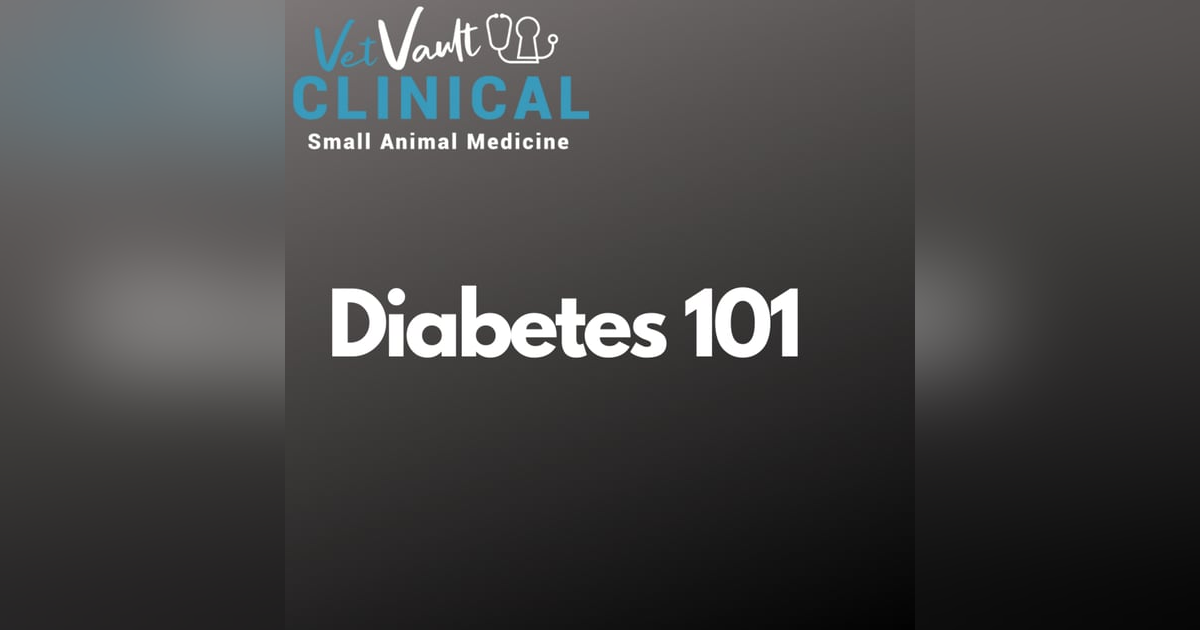Diabetes 101: Everything insulin

Here are some facts about insulin that you are likely familiar with:
0.25-0.5 IU/kg starting dose.
Do a glucose curve soon after starting insulin to assess the response.
Feed a special diabetic diet.
Give insulin at the time of feeding.
Glargine is the best insulin for cats.
Most owners wouldn’t consider injecting their pets three times a day.
Diabetes 101, right? But our guest for this episode is questioning these, and many other of the foundational truths around diabetes therapy. Jump right in for a fundamental shift in how you manage your diabetic cats and dogs.
Professor David Church is an internationally recognised specialist in disorders of the endocrine system in dogs and cats based at the Royal Veterinary College in London. David’s current research interests include the underlying mechanism for the development and resolution of diabetes mellitus, the use of clinical data collected from general veterinary practices to enhance understanding and consequently improve both the health and welfare of animals, and the use of ‘big data’ from general practice for managing animal health and welfare. David is the author of over 150 scientific articles and numerous book chapters.
This is episode #7 out of 10 of the conversations we’ve had to date with Prof Church about diabetes on our clinical series. From understanding the pathogenesis and pathopysiology of diabetes, to the revised basics of treatment, and all the way to a super-simple treatment protocol for the very sick DKA patient.
Go and check it out, along with another 150+ clinical episodes at vv.supercast.com, the easiest way to reboot your clinical knowledge without spending your precious time staring at screens.
The show notes for this episode with all the important bits from it lives at thevetvault.com






